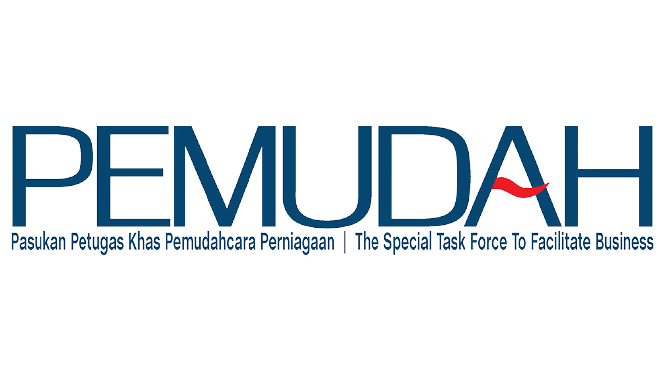
Technical Working Group on Market Competition (TWGMC)
About
The market competition dimension incorporates market values into local and national regulatory frameworks. It demands the consideration of three points of reference namely competition, public contracts and innovations which concern laws, regulations, rules, procedures, policies, guidelines and others that affect firm flexibility and social benefits.
Market competition is an integral part of the life cycle of a firm being applicable to the conduct of commercial activities. The topics of firm life cycle which concern business stages are Business Entry, Business Location, Utility Connections, Labor, Financial Services, International Trade, Taxation, Dispute Resolution, Market Competition, and Business Insolvency. Market competition is a newly created topic which involves regulatory tools managing conduct and structure of the market and addressing the adverse effect of cartels and abuses of market power. Market competition falls under the operating and expansion dimension of business cycle because regulation of competition as well as market deregulation constitute important safeguard of market freedoms and other enjoyments of business proceeds once a business enters the market.

Improvement Projects
-
Shifting rising of food costs to the technology
The fluctuation in the prices of food is a market norm. The rise in food prices was induced by the rise in prices of inputs such as petrol & diesal, fertilisers, chemicals, land, labour and machinery. Although the government protects the prices of petrol and diesel, the price of fertilisers had risen by 70 per cent within the last two years and wages had also gone up.
Benchmark from the neighborhood countries such as Taiwan, Korea and Thailand, the most possible solution to tackle the rising of food cost was technology. Technology can help in terms of cost effectiveness, productivity, and high added value.
-
Making Industry Accountable for Productivity
The economic sectors mainly comprise a high number of small players.
Therefore, the market is highly fragmented, and individual enterprises lack economies of scale to deliver high value-added products and services.
The government provide incentives to enterprises to upgrade themselves, but these incentives do not necessarily function as levers to boost productivity
Co Chair of TWG Food Cost
-

Prof.Emerita Tan Sri Dato’ Seri Dr. Sharifah Hapsah Syed Hasan Shahabudin
Chairman of National Council of Women's Organisations Malaysia (NCWO)
-

Mr. Azman Mohd Yusof
Secretary General
Ministry of Domestic Trade and Cost of Living
Members of TWG Food Cost
-

Professor Datuk Dr. Mad Nasir Samsudin
Fellow at Department of Agribusiness & Bioresource Economics, Faculty of Agriculture, Universiti Putra Malaysia (UPM)
-

Datuk Jeffrey Ng
Federation of Livestock Farmers Associations of Malaysia
-
Professor Dr Zalilah Mohd Sharif
Dean , School of Graduate Business, Universiti Putra Malaysia (UPM)
-

Dr. Sarena Che Omar
Deputy Director of Research,
Khazanah Research Institute (KRI)
-

Mrs. Marianis Md Din
Senior Assistant Secretary
Ministry of Agriculture and Food Security (MAFS)
-

Mrs. Khairul Zarina Mohd Yusop
Science Officer
Ministry of Health (MOH)
-

Mrs. Fuziah Md Amin
Director Agriculture and Environment Statistic Division
Department of Statistic Malaysia (DOSM)
-

Mr. Atan Sapian
Head Secretariate of National Action Council on Cost of Living (NACCOL), KPDNHEP
-

Dr. M Hisham Fariz
Veterinary Officer
Department of Veterinary Services
-

Mr. Abd Razak Aya
Head of Integrated Farming of FGV Holdings Berhad.

